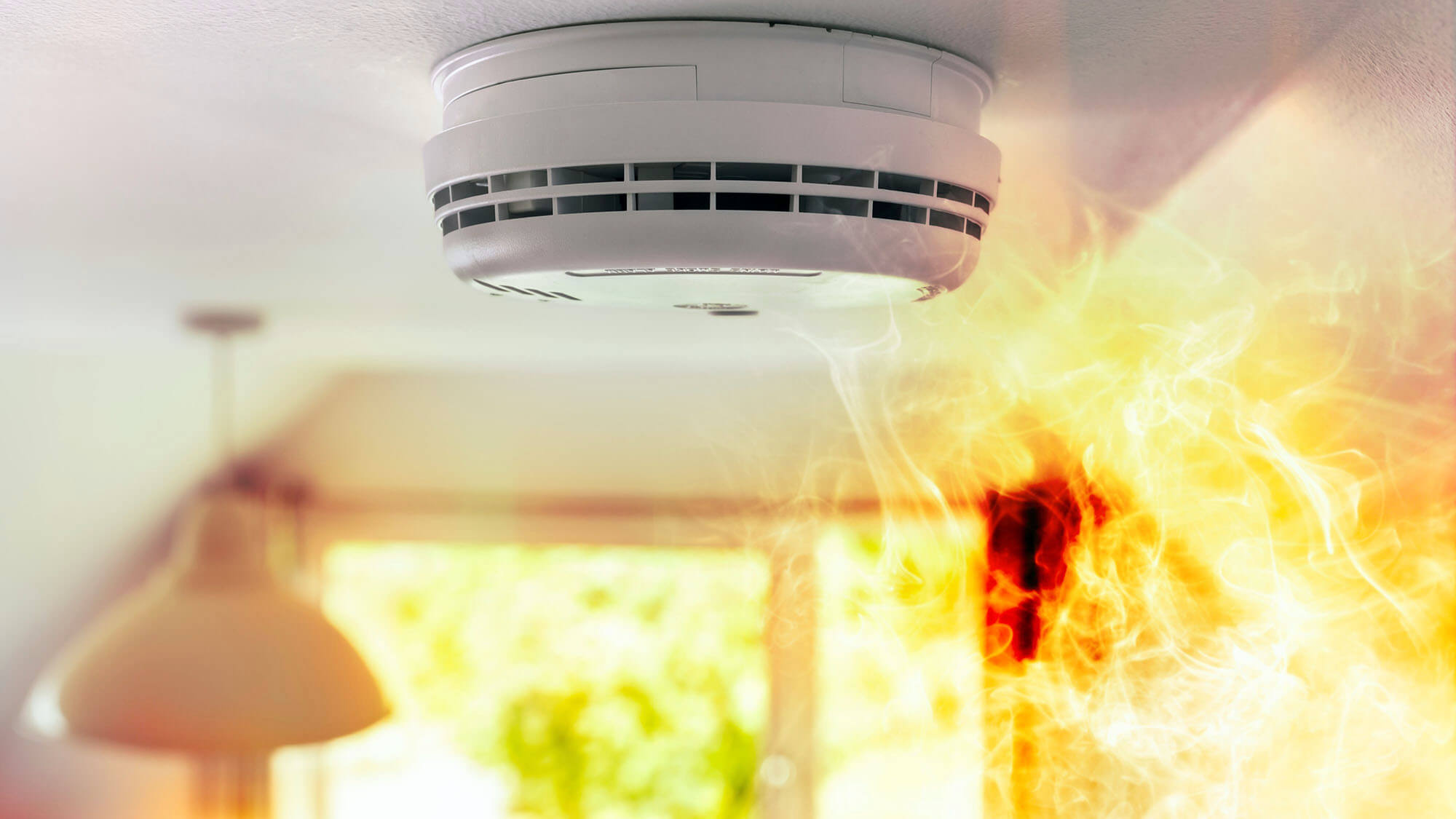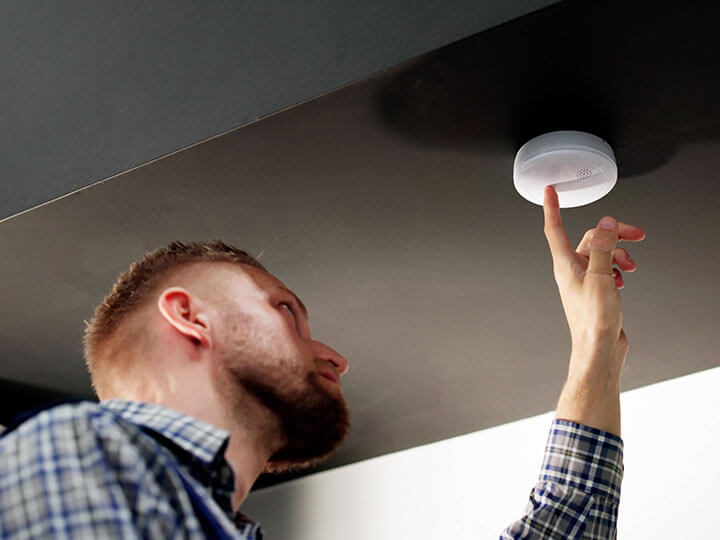Connecticut Enacts New Rules on Battery-Powered Smoke Detectors/Alarms

30 Oct 2025
What Manufacturers, Distributors, and Facility Owners Need to Know
Connecticut’s 2025 legislative session produced a significant safety-focused change to the state’s rules for consumer smoke alarms. Senate Bill 1490, enacted as Public Act No. 25-123 (SB 1490), restricts the sale of smoke detection and warning equipment, on and after October 1, 2025, that is powered solely by batteries unless the unit employs a sealed, non-removable, non-replaceable battery designed to last a minimum of 10 years. The measure moved quickly through committee and floor votes and was signed into law in July of 2025.
The law requires that battery-only smoke alarms offered for sale in Connecticut must come sealed with an internal primary battery that cannot be removed or replaced and that is rated to operate the device for at least 10 years. The statutory language and associated fiscal/committee analyses make clear that the intention is to reduce alarm failures caused by drained, user-replaceable batteries and to ultimately improve occupant safety by shifting the market toward 10-year sealed battery alarms. The bill text, fiscal note and committee analysis provide the legal detail and legislative rationale behind these requirements. (Link to Bill Text Bill Text: CT SB01490 | 2025 | General Assembly | Chaptered | LegiScan)
Scope and Exceptions
The prohibition applies to devices powered solely by batteries. It does not prohibit electrically powered alarms, devices wired to building electrical systems or smoke detectors that are part of fire alarm systems. Some committee materials and public testimony also note exceptions or carve-outs for devices that use building power or certain interconnected systems, which helps preserve options for multi-family and commercial fire-alarm infrastructure while targeting standalone consumer battery-only units. Stakeholders including manufacturers and major industry participants have filed testimony supporting the public-safety goals while noting market and cost implications.
Implications for the Supply Chain and Product Compliance
Manufacturers, private-labelers, distributors and retailers who sell into Connecticut will need to review product lines and inventory with urgency. Products that are currently sold with user-replaceable batteries will either need to be redesigned, or removed from inventory to comply. Manufacturers should anticipate design, testing and (where relevant) certification work to validate sealed 10-year batteries and tamper-resistant enclosures.
Recommended next steps for Intertek clients and partners
- Inventory review: identify which SKUs sold in Connecticut are affected
- Product strategy: prioritize development or sourcing of sealed 10-year battery models that meet the new rule
- Standards & testing: plan needed testing to the relevant ANSI/UL standards for smoke alarms and 10-year sealed battery claims (battery safety, endurance and tamper resistance)
- Labeling & documentation: update packaging, data sheets and point-of-sale information to show compliance
- Market timing: align production and distribution so non-compliant stock is not offered for sale in Connecticut after the law’s effective date of October 1, 2025.
Intertek can support these steps through standards consulting, performance and environmental testing, certification planning and testing, and compliance gap assessments. If you would like, we can map your current product portfolio against the bill language and deliver a concise compliance action plan (standards, tests, and timelines) tailored to your SKUs.

